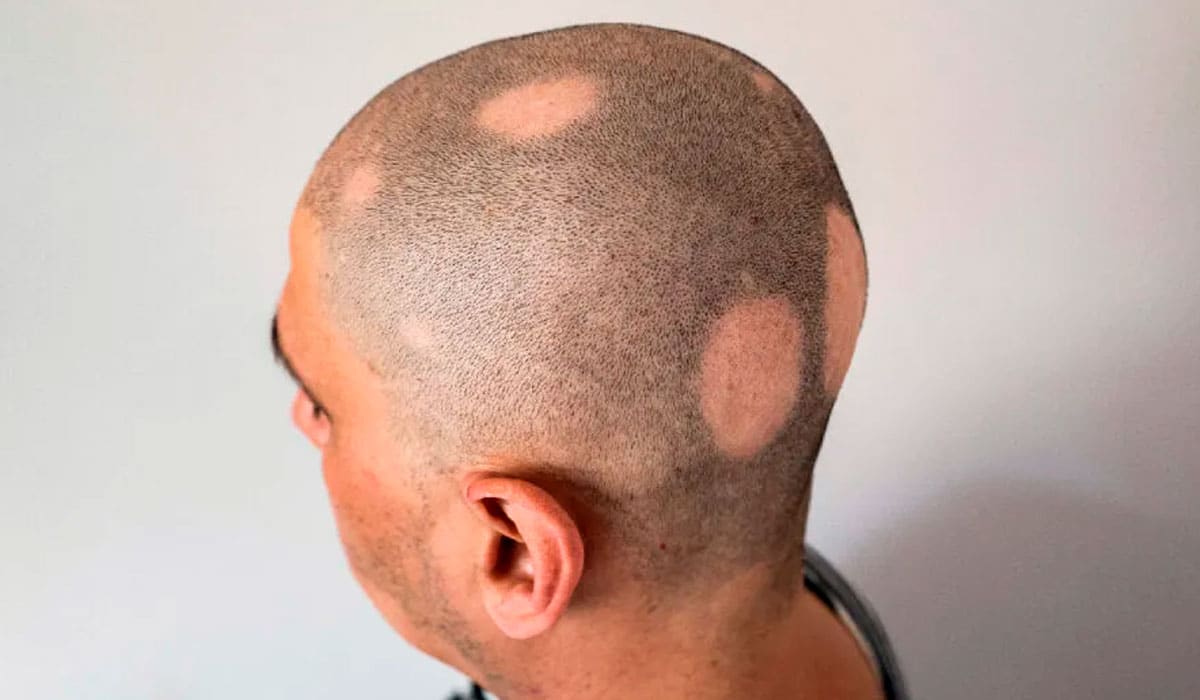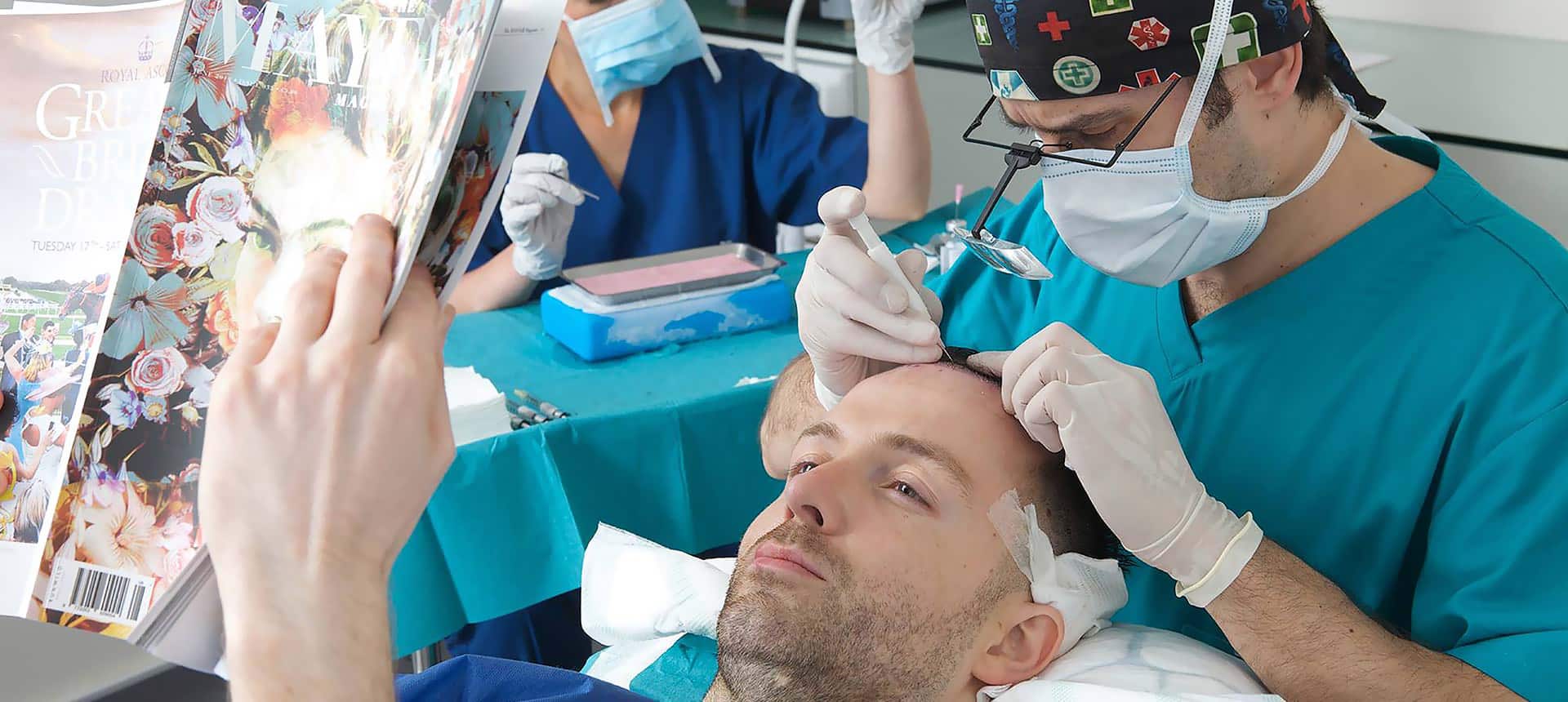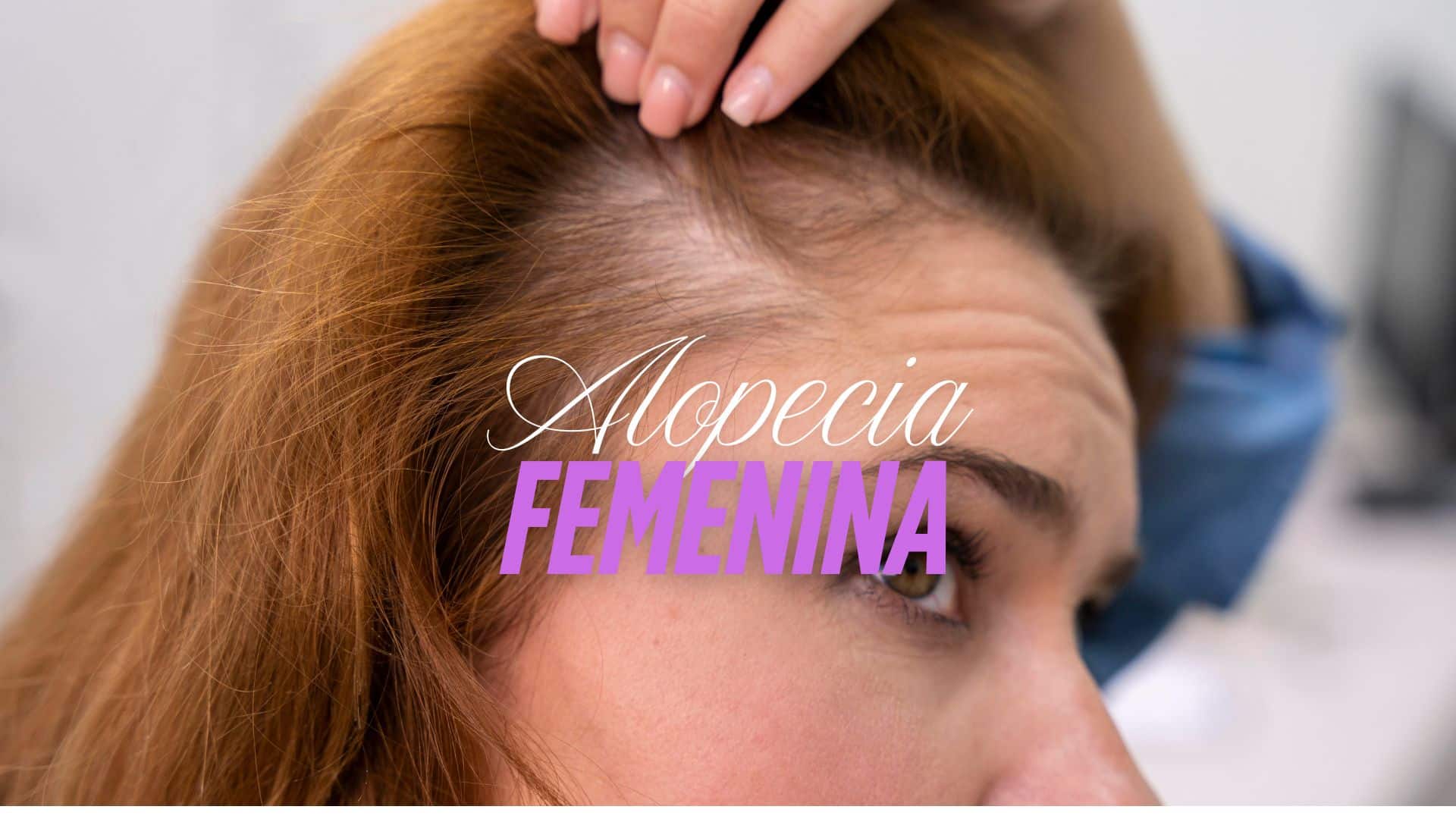
All about alopecia areata
Alopecia areata is a common autoimmune disorder that affects hair growth on the scalp and other areas of the body. It is characterized by hair loss in small, round patches and can progress to complete hair loss in severe cases. In this blog, we will discuss the causes, symptoms, and treatment options for alopecia areata.
Causes of Alopecia Areata
Alopecia areata occurs when the immune system attacks hair follicles, resulting in hair loss. The exact cause of this immune system malfunction is not yet known, but it is believed to be triggered by a combination of genetic and environmental factors. Some of the potential triggers include stress, certain medications, infections, and hormonal changes.
Symptoms of Alopecia Areata
The most common symptom of alopecia areata is patchy hair loss on the scalp. The affected area is usually small, round, and smooth, and there may be some itching or burning sensation. In some cases, the hair loss can progress to complete baldness on the scalp or the entire body. Alopecia areata can also affect the nails, causing them to become thin, brittle, and discolored.
Treatment Options for Alopecia Areata
There is currently no cure for alopecia areata, but there are several treatment options available to manage the symptoms and promote hair regrowth. The choice of treatment depends on the severity of the condition and the extent of hair loss.
Topical Corticosteroids
Topical corticosteroids are the most commonly used treatment for mild to moderate alopecia areata. These are applied directly to the affected area to reduce inflammation and stimulate hair regrowth. The treatment may take several months to show visible results.
Intralesional Corticosteroid Injections
For more severe cases of alopecia areata, intralesional corticosteroid injections may be recommended. This involves injecting a steroid solution directly into the affected area to reduce inflammation and promote hair regrowth. This treatment is usually done every four to six weeks until the hair starts to regrow.
Immunotherapy
Immunotherapy is a treatment option for more severe cases of alopecia areata. This involves using a chemical irritant, such as diphencyprone, to trigger an allergic reaction on the scalp, which causes the immune system to attack the hair follicles. The treatment may take several months to show visible results, and there may be some side effects such as itching, redness, and swelling.
Hair Transplantation
In cases where the hair loss is extensive and permanent, hair transplantation may be recommended. This involves transplanting healthy hair follicles from the donor area to the affected area. The success of this treatment depends on the extent of hair loss and the availability of healthy hair follicles for transplantation.
Alopecia areata is a common autoimmune disorder that affects hair growth on the scalp and other areas of the body. It can cause significant emotional distress for individuals, but there are several treatment options available to manage the symptoms and promote hair regrowth. If you are experiencing hair loss or other symptoms of alopecia areata, it is essential to consult with a dermatologist or hair transplant specialist to determine the best treatment option for your specific needs. With proper treatment and care, individuals with alopecia areata can lead a healthy and fulfilling life.
If you are worried about the way your hair has been falling out, contact us at DHI Panama, you can have a free online consultation through WhatsApp 6349-5550; by filling out our contact form or writing to the chat on the website.





